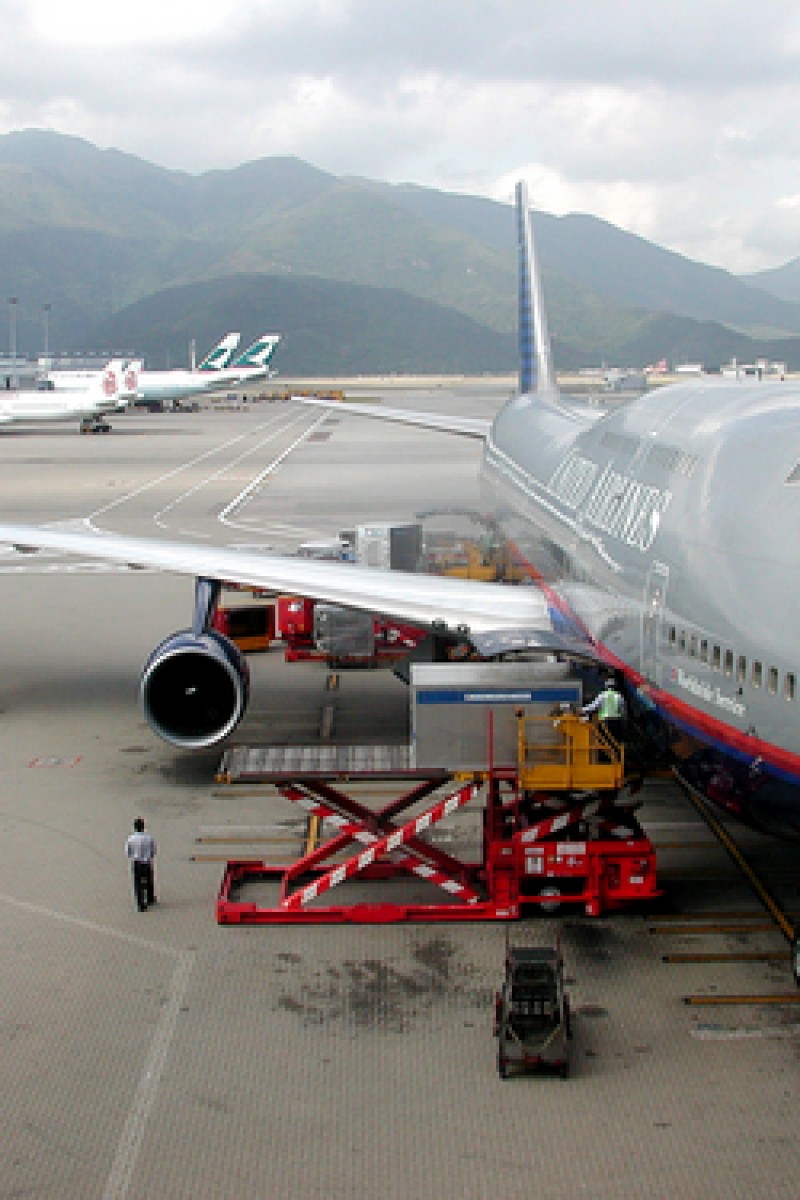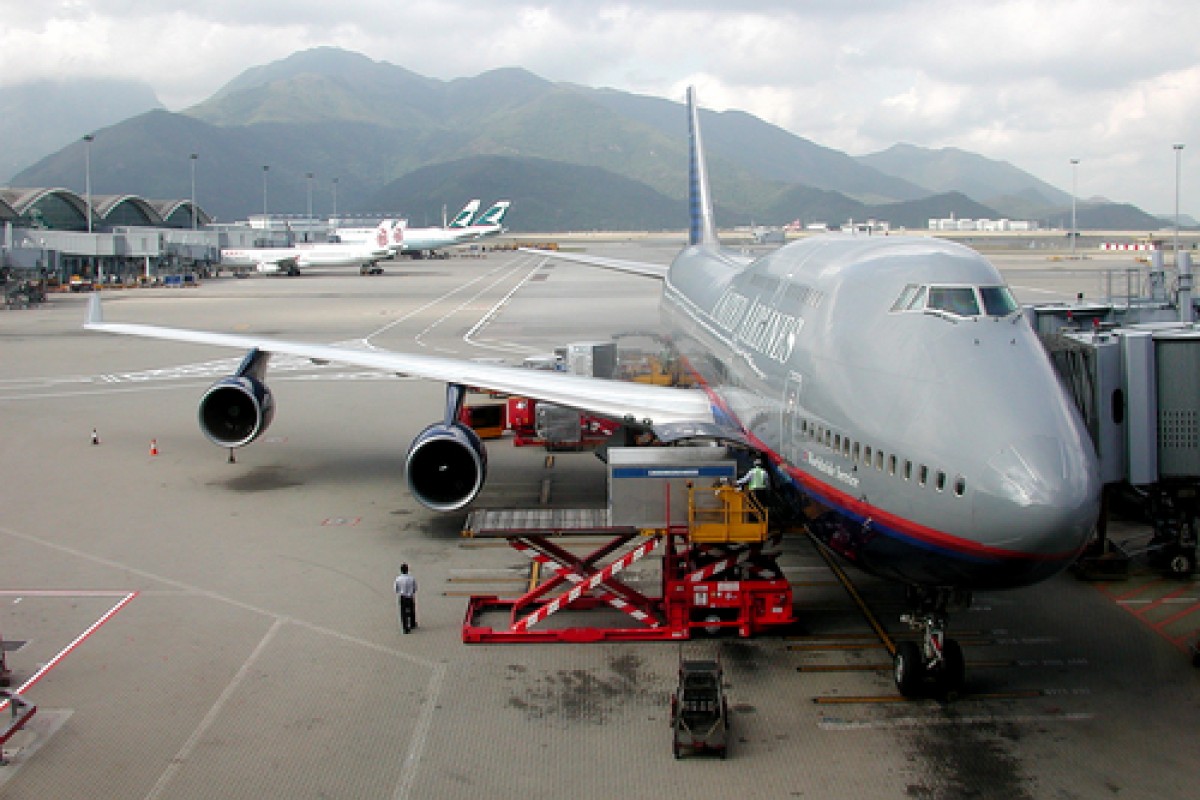
Dramatic growth in e-commerce benefits Hong Kong as air cargo hub
Sponsored feature

China, known as the factory of the world, is fast becoming the world’s largest marketplace for goods. As e-commerce goes from strength to strength, mobile e-commerce for retails sales in China are expected to reach $1.2 trillion, representing three quarters of all online retail sales. Chinese consumers are increasingly sourcing products including luxury items, personal care products, cosmetics, food and beverages and baby formula from overseas when the goods are not readily available in China. The order quantities for these goods are also growing.
As a hub for e-commerce, the logistics sector in Hong Kong can benefit from this growth. According to Vivien Lau, Executive Director of Hong Kong Air Cargo Terminals Limited (Hactl) and Managing Director of Hong Kong Air Cargo Industry Services Limited (Hacis), as quoted in online industry publication Forward with Toll, "The recent dramatic growth in inbound traffic has been the surprise, and it has been good news for carriers, providing a better balance in demand and better round-trip utilisation of capacity."
Hactl is one of the world’s leading air cargo terminals and the only neutral air cargo terminal operator at Hong Kong International Airport. Hacis is a wholly-owned subsidiary of Hactl and provides integrated logistics support services to more than 200 airlines and freight forwarders.
The business of e-commerce is one that has only taken a few years to grow to current levels and is still growing. From the consumer inputting order details to the picking, packing and shipping of the goods from a warehousing facility to the end-consumer receiving the goods, there are many logistical details and operational functions that must take place. An in-depth understanding of the airports, airlines, government agencies, regulations, as well as other players involved in the process is vital to the efficiency of the entire system. People are required to handle documentation, warehousing and transportation of goods from point A to point B as well as develop the systems and procedures to manage the work.
Hong Kong International Airport has recorded cargo handling levels at an all-time high during the first few months of 2017 and it shows no sign of plateauing. According to Lau, Hong Kong has an unrivalled air service network that e-commerce shippers can rely on which has boosted air cargo growth. As an air cargo hub, Hong Kong has a number of advantages including its status as a free port, a trusted legal system and excellent infrastructure. Shippers can make use of Hong Kong's global reach and efficient transits for both import fulfilment and export shipping . The airport infrastructure can also handle the large-scale cargo capacity required on some routes by being able to accommodate wide-body freighters.
In general, e-commerce is fast-paced with consumers expecting orders to arrive at their door within a few days. It is important for those working in the industries involved to communicate with clients, suppliers and regulators. Relationship building and client account servicing are a key part of keeping the lines of communication open and understanding stakeholder expectations and needs. To support the needs of the industry, the Aviation Management and Logistics degree programme at Hong Kong Polytechnic University provides students with hands-on work experience before graduation through Work-Integrated Education (WIE) to gain practical real-world experience in the field. WIE helps students to not only understand the business better, but WIE also helps them to find their own area of interest in which to specialise.
The future looks bright for Hong Kong as innovation in the aviation industry continues. The rise of e-commerce has pushed many industries to evolve and adapt, increasing the need for a better-trained and skilled workforce. Exciting careers in Aviation Management and Logistics await those looking for one in a business of immense potential for growth.
For more info, contact the Department of Logistics and Maritime Studies, The Hong Kong Polytechnic University at [email protected] or Tel: (852) 2766 4607